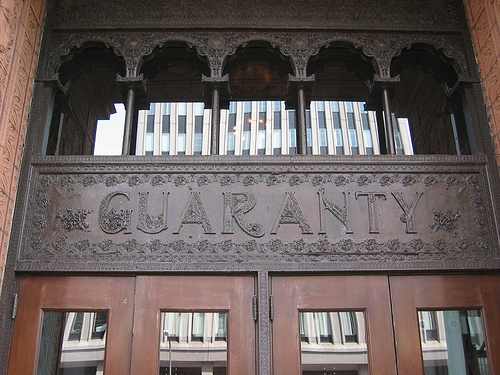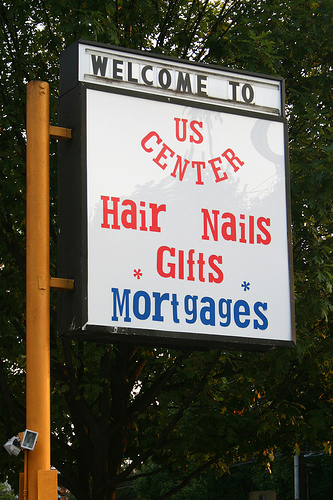Real Estate investors in California often work through a licensed Broker, who puts together investor’s cash with potential borrowers. Investors prefer these arrangements (hard-money loans) because they can obtain a higher interest rate for their money, fully secured by a deed of trust recorded against real property. These loans are made through a licensed Broker because broker arranged loans are not subject to usury laws. (More details at the end of this article.) Real Estate Attorneys may be tasked with the job of determining if the usury law applies, and if so, whether this particular loan is usurious. If the loan is usurious, the concern for the investor is to be treated as a holder in due course, free from the defense of usury. It was a bad day for some investors in the Bay Area when the court decided that they were not holders in due course, because the unlicensed Broker kept possession of the notes in order to service them.
In Creative Ventures, LLC v. Jim Ward & Associates, Jim Ward was a licensed real estate broker, and his license was placed with a corporation. He retired and the license expired. He came out of retirement, created a new corporation, JWA, and applied to the DRE to renew his license for the old corporation. Apparently he did not realize that he needed a new license for the new corporation.
A real estate developer borrowed $3 million from JWA. It was through four Promissory Notes, two at 8% interest and two at 10% interest. All the notes included a 6% Broker commission. (For usury purposes, the interest rate is added to the commission, so here they were 14% and 16%, over the 10% usury limit.) This would be ok if JWA was licensed, but it was not. A lawsuit followed.
 California Real Estate Lawyers Blog
California Real Estate Lawyers Blog




 In
In  In
In In
In  In
In  In
In  In
In